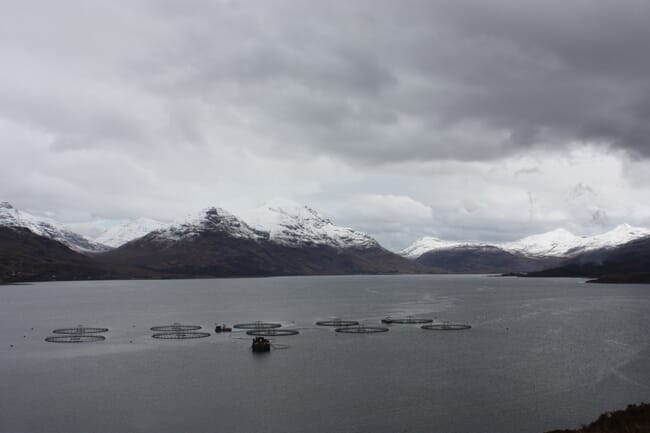The company had previously committed to have all its Scottish sites certified to the ASC standard by 2020, but this was delayed by a number of factors – not least the fact that the ASC previously prohibited certification for sites that received smolts that had been grown in net pen cages in freshwater lochs, as opposed to more contained facilities such as recirculating aquaculture systems (RAS).

However, a change in the ASC standard during 2019 has made Mowi’s blanket certification feasible once more.
As Rory Campbell, technical manager, told Mowi’s staff letter, The Scoop: “The ASC salmon and freshwater trout standards are the most robust and far-reaching environmental and social standards for global aquaculture. As a business, Mowi has globally committed to achieving 100 percent ASC certification for all our farms. This is a long-term objective and I’m proud to say that in Scotland we have a plan in place for 2020 to expedite certification at a number of our sites and play our part in achieving this vision.”
As part of the ASC roll out plan Mowi has appointed a dedicated certification manager, Samuel Clegg, who has been tasked with the implementation of ASC certification and will both help with the audit process and get our sites up to speed with these standards.
“I started a couple of months ago and my feet have barely touched the ground! We have an ambitious target and therefore a lot of work ahead of us. I joined from a third party accreditation body, similar to the type that the ASC uses to carry out the auditing process. I also have experience in aquaculture, so I am drawing on all this experience in the lead-up to our first audits which will happen at the end of January,” said Clegg.
Following the first round of audits in freshwater, several other farms will be added to the audit schedule throughout 2020. The number of farms put forward for ASC certification will increase through 2021 and over time.
Campbell adds: “I firmly believe that the ASC standards drive you to be a better farmer, a better neighbour and have less impact on the local environment. These standards go way beyond local regulation as the auditors look at everything from water quality, environment quality, interactions with wildlife, communication with local communities, disease and lice levels (which must be reported at farm level on a weekly basis). Ultimately, the ASC standard provides reassurance for retailers and consumers that the salmon they are purchasing has been farmed responsibly and sustainably.”


